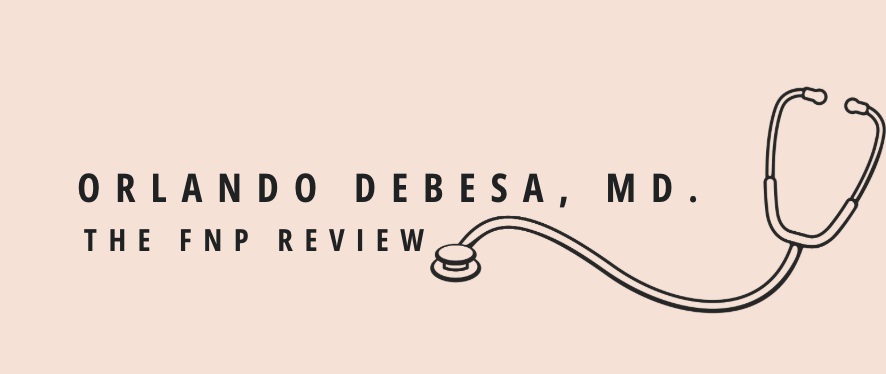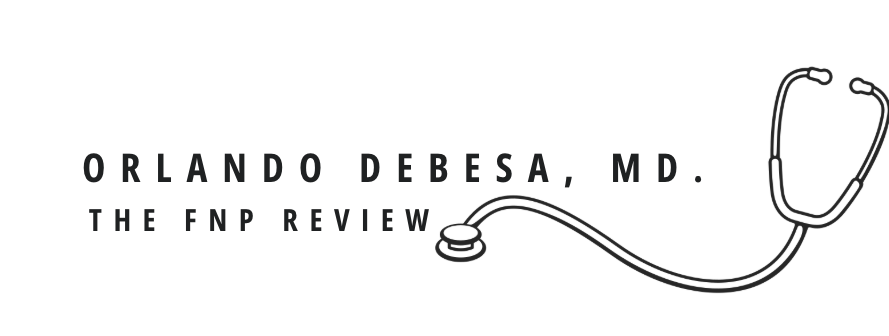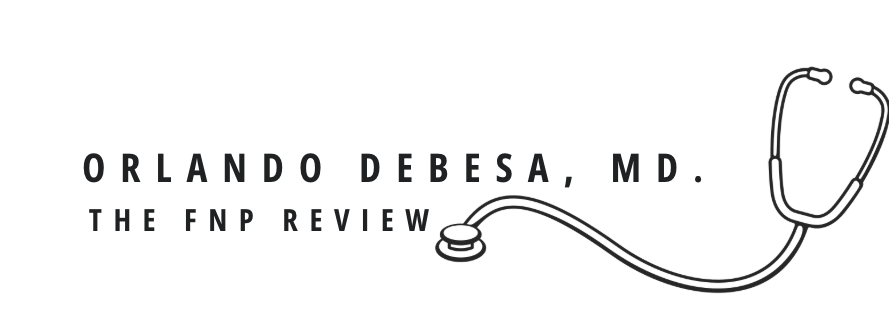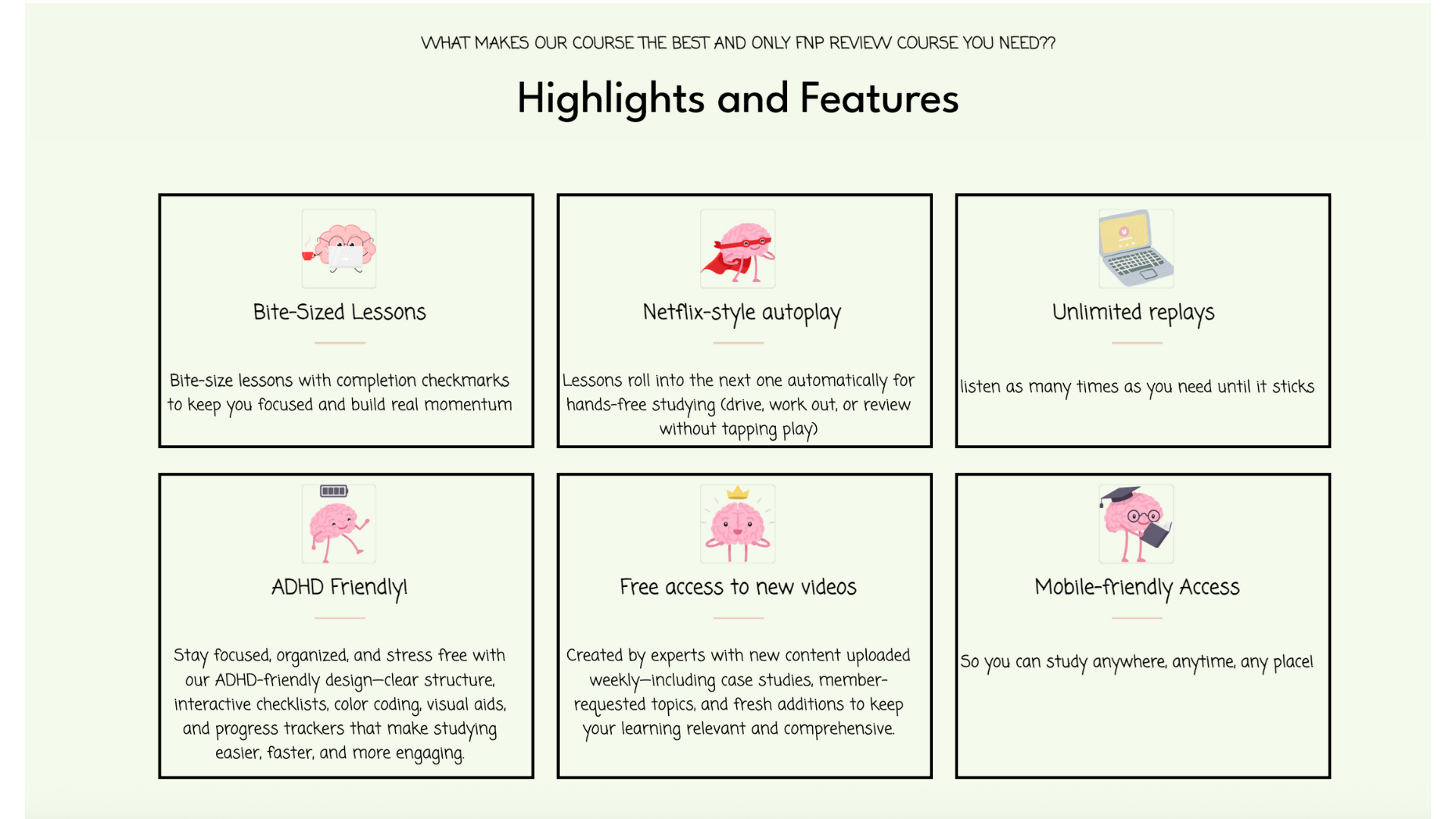
AANP vs AACN FNP Certification Exam: Which One Should You Take?
Becoming a Family Nurse Practitioner (FNP) is one of the most rewarding and impactful career choices a registered nurse can make. Once you’ve completed your FNP program, the next big milestone is passing your national board certification exam.
But here’s the question nearly every FNP student asks at some point:
Should I take the AANP or AACN FNP exam? Which one is better for me?
If you’ve been weighing the two options and feeling overwhelmed by conflicting advice, you’re not alone. In this guide, we’ll break down the differences, similarities, pros, cons, and factors you should consider before making your choice — so you can confidently decide which path aligns best with your career goals.
🔍 First Things First: What Are the Two Exams?
Both the American Association of Nurse Practitioners (AANP) and the American Nurses Credentialing Center (ANCC, often called AACN by mistake — but note: it’s ANCC) offer a board certification exam for family nurse practitioners. Both exams are widely recognized and respected in the United States. Passing either one will qualify you as a board-certified FNP and allow you to practice as an independent provider.
✅ AANP Certification (FNP-C)
-
Credential awarded: Family Nurse Practitioner-Certified (FNP-C)
-
Focus: Clinical, practice-focused exam
-
Administered by: American Association of Nurse Practitioners Certification Board (AANPCB)
✅ ANCC Certification (FNP-BC)
-
Credential awarded: Family Nurse Practitioner-Board Certified (FNP-BC)
-
Focus: Clinical plus theory, research, and professional issues
-
Administered by: American Nurses Credentialing Center (ANCC)
🩺 What Do Employers Prefer?
Good news: both certifications are equally recognized by employers, licensing boards, and credentialing bodies.
You’ll often see job postings list either "FNP-C or FNP-BC required," meaning both are acceptable. Very few employers express a preference, and if they do, it’s usually just out of familiarity with one credential over the other.
📝 Why You Might Choose AANP
-
You prefer a strictly clinical exam that focuses solely on what you’ll do in practice.
-
You don’t want to study or be tested on nursing theory, research, or policy.
-
You want a slightly shorter and less expensive exam.
-
You feel more comfortable with straightforward multiple-choice questions.
In short: If you’re aiming to demonstrate strong clinical expertise and want to keep your focus on patient care, AANP may feel more relevant.
📝 Why You Might Choose ANCC
-
You’re interested in a more well-rounded exam that reflects advanced practice nursing beyond just clinical care.
-
You want to work in academia, research, or leadership — some academic and administrative positions prefer the ANCC.
-
You’re comfortable with a wider variety of question formats and topics.
-
You want more flexibility to later change your specialty — ANCC credentials are sometimes preferred in specialty cross-certification.
In short: If you see yourself moving into leadership, education, or policy, or you’re simply confident tackling both clinical and professional topics, ANCC may be a better fit.
🎯 Which Exam Is Easier?
This is a common question — and the honest answer is: it depends on your strengths.
-
If your program focused heavily on clinical skills and your strength is patient assessment, diagnosis, and management, you may find the AANP exam more straightforward.
-
If you have a strong foundation in nursing theory, evidence-based practice, and broader professional issues, the ANCC exam may not feel harder — just different.
Pass rates (as of the most recent data):
-
AANP: ~86–89%
-
ANCC: ~84–87%
Both exams have similar pass rates and similar levels of difficulty overall.
🧭 Key Questions to Ask Yourself Before Deciding
✅ Do I prefer purely clinical content or a mix of clinical and professional topics?
✅ Am I comfortable with alternative question formats (drag-and-drop, hot-spot)?
✅ Do I see myself working in academia, research, or leadership in the future?
✅ Does my employer or desired job market have a preference (check job postings in your area)?
✅ Which exam aligns more closely with how my FNP program prepared me?
🔑 Bottom Line: You Can’t Go Wrong
At the end of the day, both the FNP-C and the FNP-BC are respected, valid credentials that demonstrate your competence as a Family Nurse Practitioner. No employer will reject you just because of which one you chose.
The most important thing is choosing the exam that matches your learning style, career goals, and confidence in the material.
📚 Pro Tip: Whichever Exam You Choose, Prepare Wisely
No matter which path you take, proper preparation is key. Use trusted review courses, practice questions, and study plans that are tailored to the specific exam you choose — because while the overlap is significant, the focus areas and question styles are slightly different.
✨ Final Thoughts
Both the AANP and the ANCC have helped tens of thousands of nurse practitioners achieve their goals. What matters most is not which set of letters appears after your name — but the dedication, compassion, and expertise you bring to your patients every day.
So take a deep breath, pick the path that feels right for you, and go for it. You’ve got this!
🚀 Ready to Pass Your FNP Boards with Confidence?
Whether you choose the AANP or the ANCC, one thing is certain: you deserve a study plan that works.
✨ Start your journey today with our comprehensive FNP Board Review Course — designed to help you master the content, learn how to tackle tricky questions, and walk into exam day prepared and confident.
✅ High-yield clinical content
✅ Practice questions modeled after the exam
✅ Test-taking strategies that actually work
✅ Flexible and easy-to-follow study plans
You’ve worked hard to get here — let’s make sure you cross that finish line.







